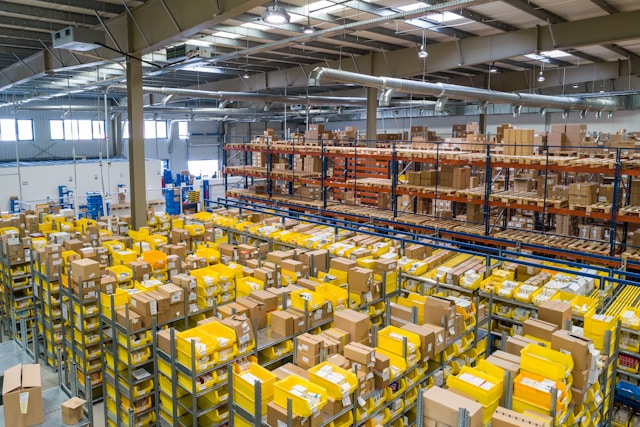For human society to survive long-term, we must find better ways to use our energy resources in the short-term. According to Andre Bardow (TED video below), the problem facing humanity is not a lack of resources, but using resources in a sustainable manner.
There is more than enough sun and wind energy to supply the world’s needs and increasingly better batteries to store and distribute this intermittent source of energy. However, at the current time, renewable energy still needs to become cheaper for it to spread widely. In fact, according to Bardow, the economics of renewable energy is currently unfavorable to the adoption or renewable energy. In a nutshell, scaling up wind and solar power plants versus a fossil fuel energy plant from 1MW to 1,000MW costs 60 times more for renewable energy than for fossil fuel energy. In order to speed the adoption of renewable energy, new technologies must be developed, and chemical engineers have an increasingly large role to play.
The Role of Chemical Engineers
According to the American Chemical Society, chemical engineers work in nearly every branch of engineering and every industry using applied chemistry to help with the design, construction, and operation of machines, plants, and industrial concerns. Chemical engineering is a combination of physical sciences, including physics and chemistry, and extends to the life sciences in areas such as biochemistry and microbiology. Chemical engineers study engineering and chemical thermodynamics, chemical reaction engineering, chemical engineering design, the economics of plant and process design, and chemical engineering computing. All of these areas are becoming critical to the creation of storable and distributable green and cheap energy.
Putting Molecules to Work
MIT’s Department of Chemical Engineering (ChemE) puts molecules to work in its ChemE program. According to MIT, “being based on molecular engineering, ChemE is able to interact across disciplines to address challenging research problems. For example, faculty today are using materials science to develop alternate and renewable energy resources, to fight cancer and HIV, to develop new polymer systems for drug delivery, and to save lives on the battlefield.”
The following video on saving the energy system is a TED Talk by Andre Bardow. His research aims at integrating life-cycle thinking into engineering design for sustainable chemicals and energy.







